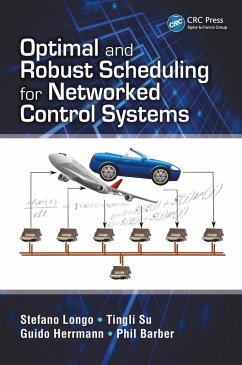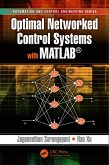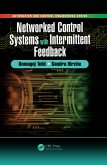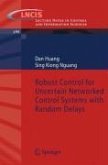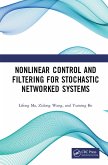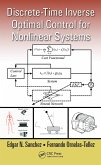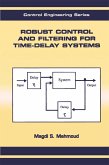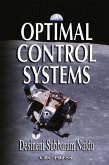Optimal and Robust Scheduling for Networked Control Systems tackles the problem of integrating system components-controllers, sensors, and actuators-in a networked control system. It is common practice in industry to solve such problems heuristically, because the few theoretical results available are not comprehensive and cannot be readily applied by practitioners. This book offers a solution to the deterministic scheduling problem that is based on rigorous control theoretical tools but also addresses practical implementation issues. Helping to bridge the gap between control theory and computer science, it suggests that the consideration of communication constraints at the design stage will significantly improve the performance of the control system.
Technical Results, Design Techniques, and Practical Applications
The book brings together well-known measures for robust performance as well as fast stochastic algorithms to assist designers in selecting the best network configuration and guaranteeing the speed of offline optimization. The authors propose a unifying framework for modelling NCSs with time-triggered communication and present technical results. They also introduce design techniques, including for the codesign of a controller and communication sequence and for the robust design of a communication sequence for a given controller. Case studies explore the use of the FlexRay TDMA and time-triggered control area network (CAN) protocols in an automotive control system.
Practical Solutions to Your Time-Triggered Communication Problems
This unique book develops ready-to-use engineering tools for large-scale control system integration with a focus on robustness and performance. It emphasizes techniques that are directly applicable to time-triggered communication problems in the automotive industry and in avionics, robotics, and automated manufacturing.
Technical Results, Design Techniques, and Practical Applications
The book brings together well-known measures for robust performance as well as fast stochastic algorithms to assist designers in selecting the best network configuration and guaranteeing the speed of offline optimization. The authors propose a unifying framework for modelling NCSs with time-triggered communication and present technical results. They also introduce design techniques, including for the codesign of a controller and communication sequence and for the robust design of a communication sequence for a given controller. Case studies explore the use of the FlexRay TDMA and time-triggered control area network (CAN) protocols in an automotive control system.
Practical Solutions to Your Time-Triggered Communication Problems
This unique book develops ready-to-use engineering tools for large-scale control system integration with a focus on robustness and performance. It emphasizes techniques that are directly applicable to time-triggered communication problems in the automotive industry and in avionics, robotics, and automated manufacturing.
Dieser Download kann aus rechtlichen Gründen nur mit Rechnungsadresse in A, B, BG, CY, CZ, D, DK, EW, E, FIN, F, GR, HR, H, IRL, I, LT, L, LR, M, NL, PL, P, R, S, SLO, SK ausgeliefert werden.

